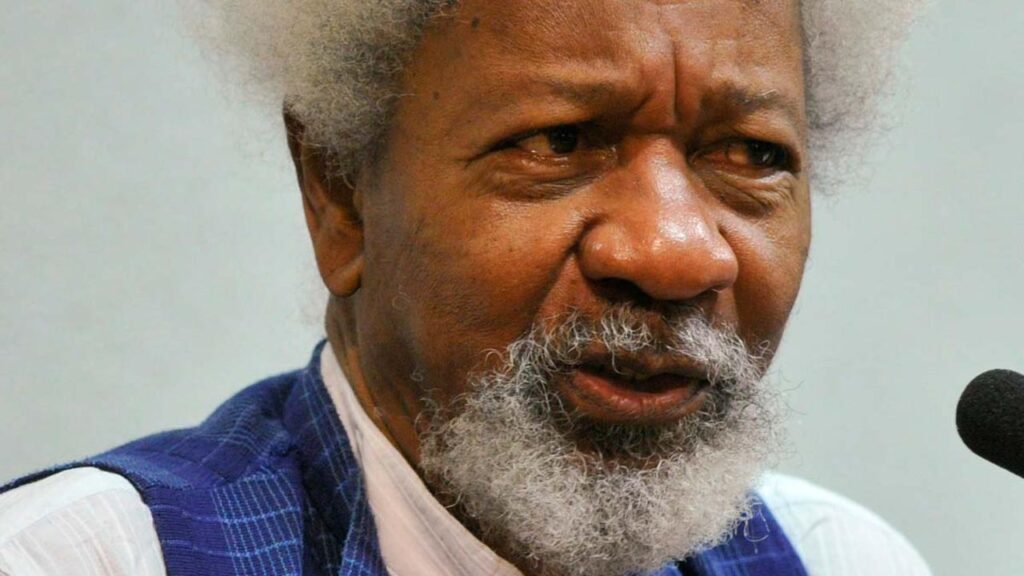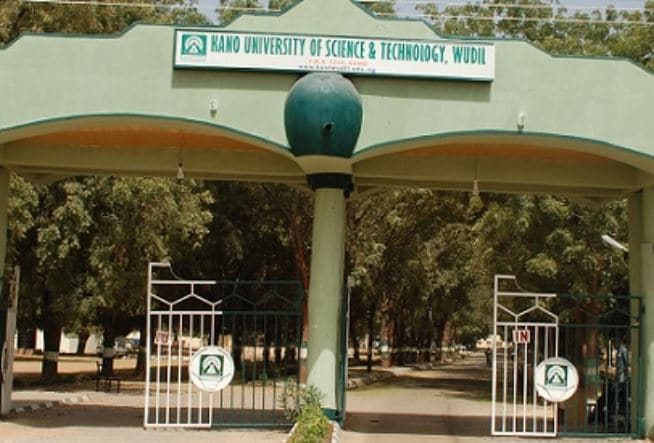
The nationwide strike declared by organised Labour, yesterday, grounded economic activities and special services in parts of the country. In Kaduna, officials of the chapter’s Nigeria Labour Congress (NLC) ensured enforcement by shutting offices within the secretariat, schools, banks and hospitals that attempted to perform their routine activities.
At the time commercial banks, Ministries, Departments, and Agencies (MDAs) were locked by organised Labour, the state government-owned hospitals were still attending to patients.
It was also observed that though students and pupils were sent back home by a bulk of the public schools within the metropolis, however, those presently writing the ongoing West African Schools Certificate Examination (WASCE) were allowed to sit their test.
The Guardian, which monitored the strike within the metropolis, observed that at the Barau Dikko Hospital, the nurses, though not clad in their usual white uniforms, were fully on the ground alongside medical doctors and staff attending to patients.
However, at the Federal Government-owned hospitals like the National Ear Care Centre and National Eye Centre, the facilities were shut to outpatients. Also, union officials of institutions like Kaduna Polytechnic, Kaduna State University (KASU) and Ahmadu Bello University (ABU), Zaria joined the strike, by enforcing the shutdown.
The entire state was thrown into a complete blackout since around 3:00 am, while the headquarters of the Kaduna Electricity Distribution Company was also shut down.
When contacted, Kaduna State chairman of NLC, Ayuba Magaji Suleiman, responded that the industrial action was total, as enforcement was tight. KWARA workers also complied with the sit-at-home strike order to press for improved salaries and other demands.
Our correspondent, who monitored the situation in the Ilorin metropolis and environs, saw that government offices, schools and courts, among others, were under lock and key.
Many traffic-prone areas were free for motorists and pedestrians. Shortly after monitoring the level of compliance, the NLC chairman in the state, Murtala Olayinka, applauded the exercise.
According to him, the situation on the ground and the positive response of workers to the directives “shows that the people are tired of many government policies.”
He explained: “The union would continue to go round to ensure full mobilisation of workers. Olayinka said the union adopted the sit-at-home order “to prevent possible hijack of the protest.” He urged the government to urgently do the needful to save workers from suffering.
Also in a telephone chat, the TUC chairman in Kwara, Abdulrahman Onikijipa assured that the two unions would join hands to ensure the success of the strike action, noting that Labour chose stay-at-home to make the strike liberal.
He appealed to the government at all levels to have a rethink and save workers from avoidable death. Socio-economic activities were equally disrupted in Dutse, the Jigawa State capital.
Investigations revealed that all schools, the state secretariat, banks, courts and other public offices were shut. At the state secretariat, housing several ministries, NLC officials were seen sealing the entrance and preventing access to the building.
Speaking on the level of compliance, state NLC chairman, Sunusi Alhasan, stated: “With what I saw, the strike was 99 per cent compliant.
“I am pleased to inform you that most of our members have complied with our directives, for not showing up in their various offices.
Similarly, the unions ensured full compliance in Nasarawa State’s capital city, Lafia. State NLC chairman, Ismaila Okoh, said all affiliates withdrew services as directed by their national leaders.
His words: “We have complied with the strike already, but we have to meet at the state level to formally inform our affiliates to be on the same page.” On his part, the TUC Chairman, Mohammed Doma, submitted that the strike was long due following the hardship workers have so far gone in the face of fuel subsidy removal and other economic policies of President Bola Tinubu’s administration late May.
He explained that the price of everything had gone up and civil servants could no longer fuel their vehicles, pay medical bills and their children’s school fees again.
“The salary of most civil servants cannot buy a bag of rice in the market, so what about other food items and ingredients?” he queried. Doma confirmed that over 70 affiliates had withdrawn services and shut down their offices in compliance with the directive on the nationwide strike. Commercial banks were also locked, leaving customers outside their premises.
A visit around the state capital and the Isa Mustapha Agwai Polytechnic, Lafia, Federal University of Lafia, College of Agriculture, Science and Technology Lafia, Federal Secretariat and Ministries of Agriculture, Education, Health revealed that all of them were shut down.













